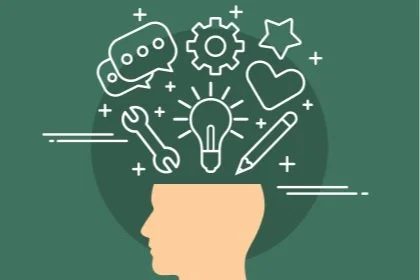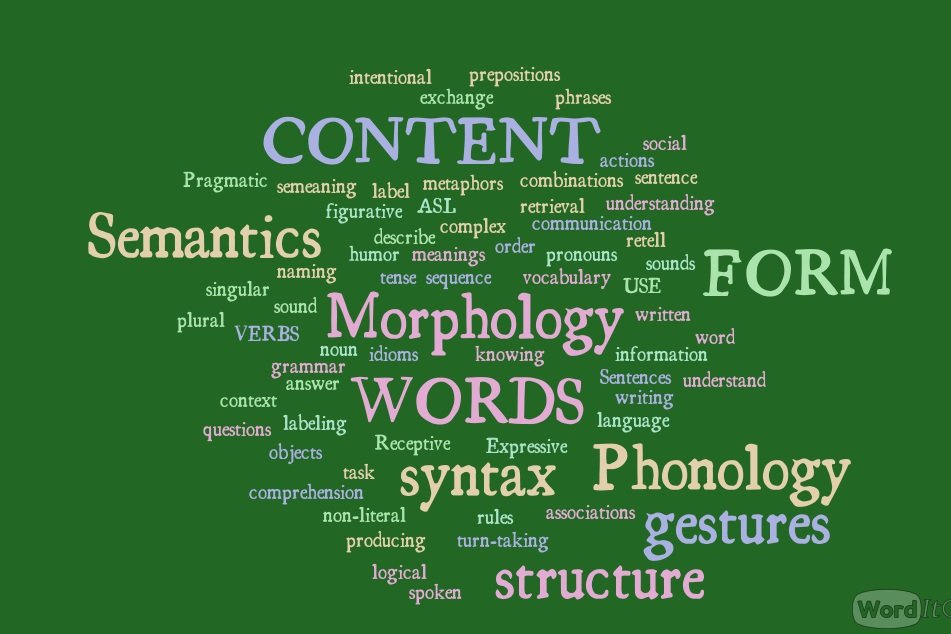Services Overview


-
![]()
Articulation Disorders
Articulation disorders involve difficulties in producing speech sounds accurately due to problems with the tongue, lips, jaw, or palate. These challenges can lead to unclear or distorted speech that may be difficult to understand. Common issues include substitutions (e.g., "wabbit" for "rabbit"), omissions (e.g., leaving out certain sounds), distortions (e.g., a lisp), or additions of sounds. Therapy can help improve clarity and communication skills significantly.
-
![]()
Cognitive Communication Disorders
Cognitive communication disorders involve difficulties in understanding, processing, or expressing language and communication due to neurological conditions like stroke, traumatic brain injury, or dementia. Symptoms include trouble finding words, understanding complex sentences, or maintaining a conversation. Therapy focuses on improving cognitive functions and communication strategies..
-
![]()
Fluency Disorders
Fluency disorders, such as stuttering or cluttering, disrupt the natural flow of speech. Individuals may experience repetitions, prolongations, or blocks in their speech, impacting communication fluency and confidence. These disorders can vary in severity and onset, often influenced by psychological and environmental factors. Therapy techniques like speech restructuring and relaxation help manage symptoms and improve overall speech fluency and self-expression.
-
![]()
Language Disorders
Language disorders involve difficulties in understanding or using spoken or written language. They can affect vocabulary, grammar, comprehension, and communication skills. These disorders may be developmental or acquired, due to conditions like autism or brain injury. They may hinder everyday interactions and academic progress. Speech therapy targets improving language processing, expression, and social communication to enhance functional communication abilities.
-
![]()
Myofunctional Therapy (Tongue Thrust)
Myofunctional therapy focuses on correcting improper tongue placement and muscle function in the mouth and face. It addresses issues like tongue thrust, improper swallowing patterns, and mouth breathing, which can affect speech, chewing, and facial development. Through exercises and techniques, therapy aims to retrain muscles, improve oral posture, and promote proper swallowing and speech articulation for enhanced overall oral health and function.
-
![Transgender flag, photo by Lena Balk on Unsplash]()
Transgender Voice Modification
Transgender voice modification involves altering speech patterns and vocal resonance to align with an individual's gender identity. Techniques include pitch adjustment, intonation, and speech articulation to achieve a voice that feels authentic and comfortable. Speech language pathologists provide guidance and exercises tailored to each person's goals, helping them achieve a voice that matches their gender expression and enhances their sense of identity.






